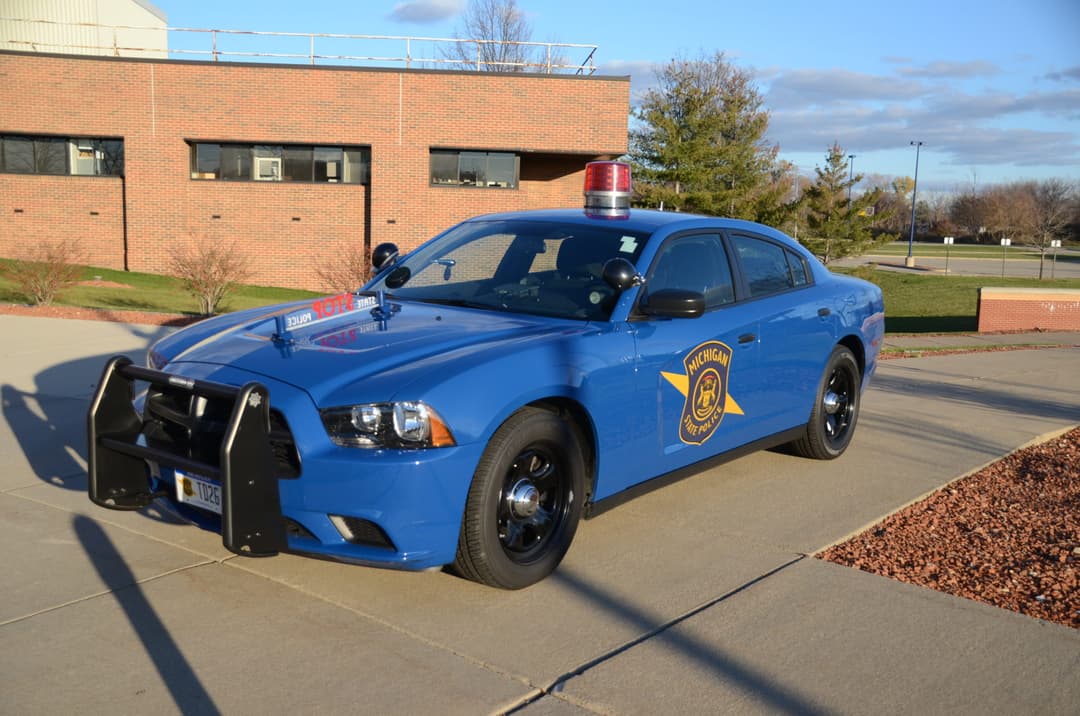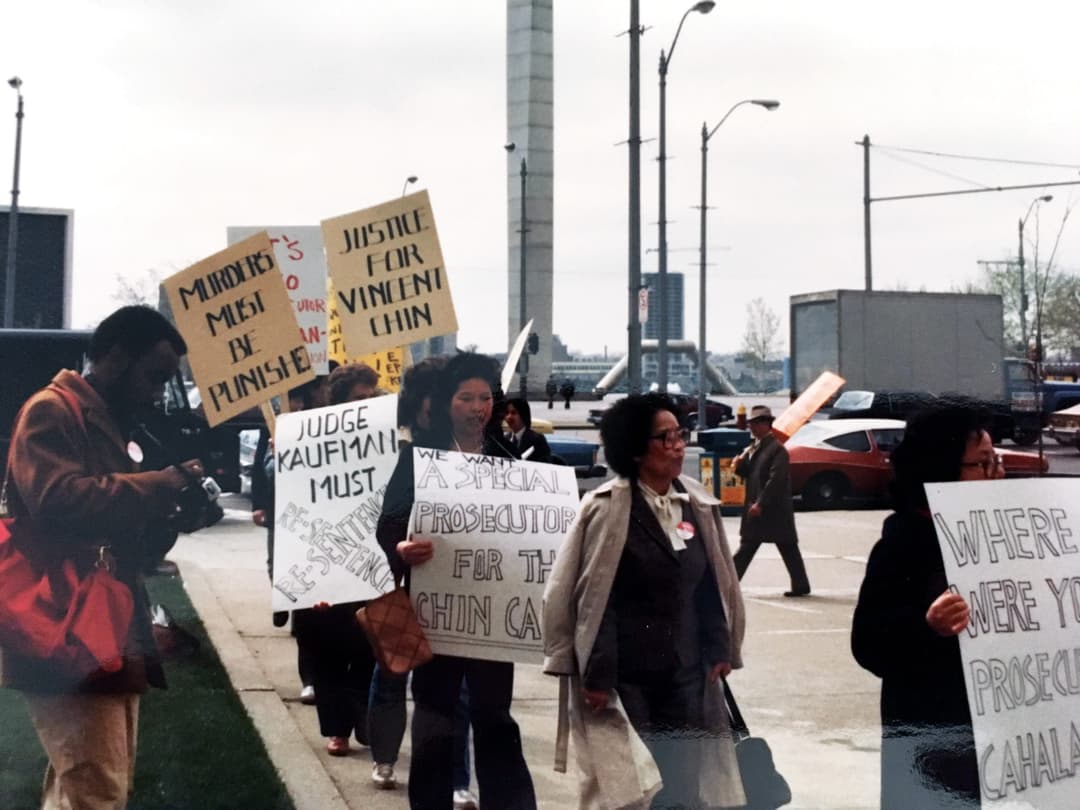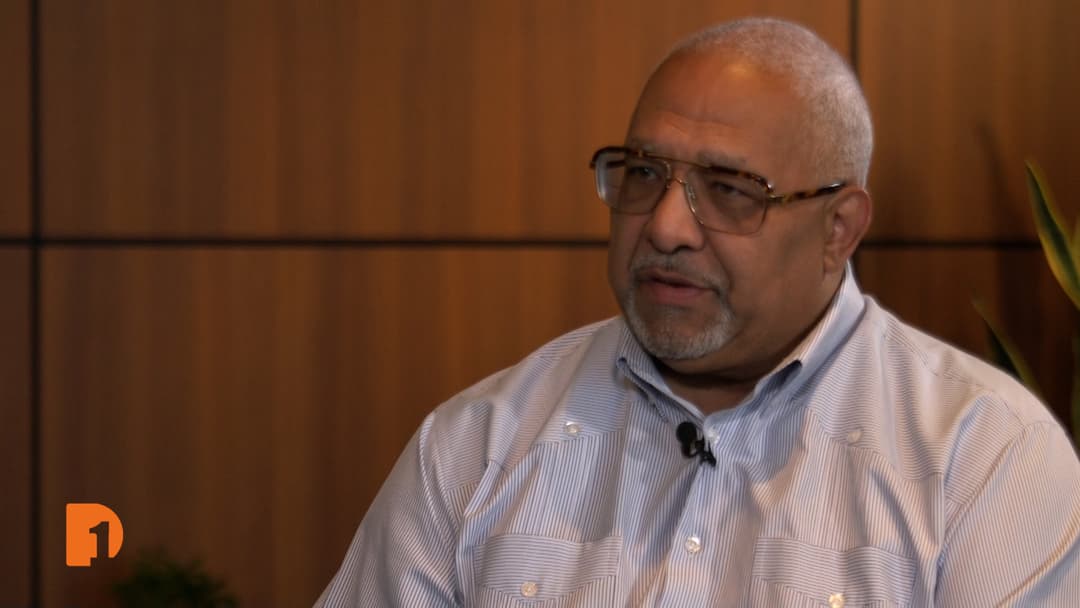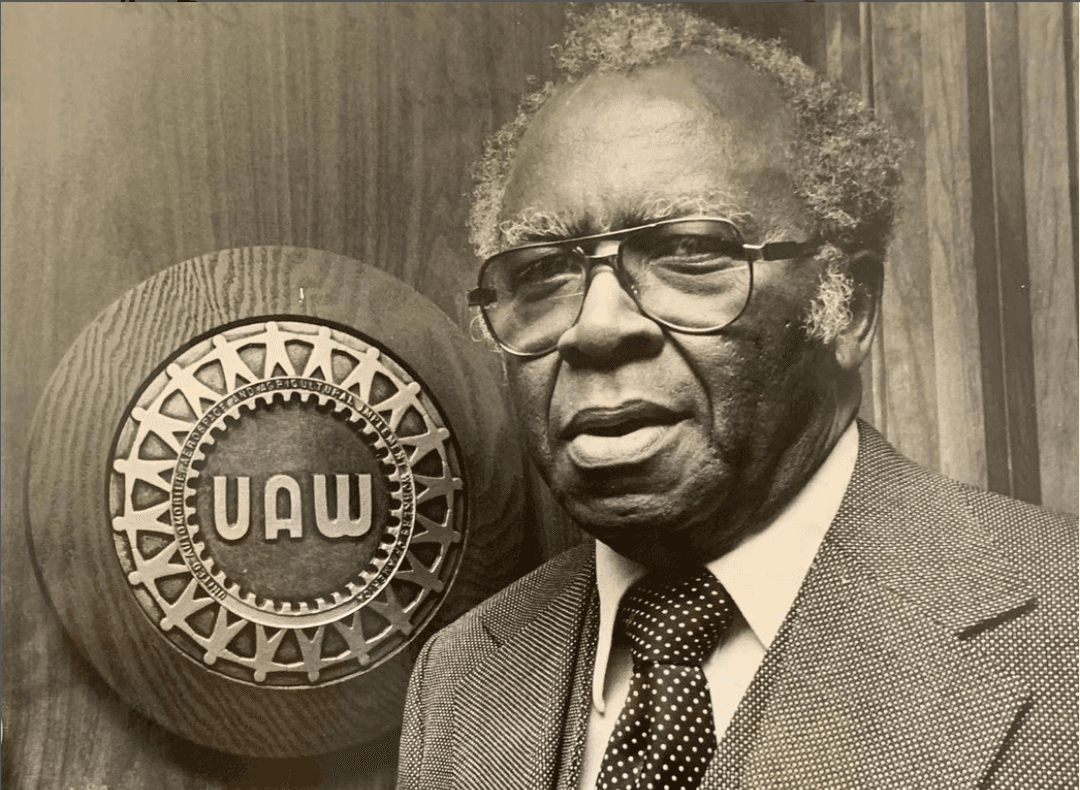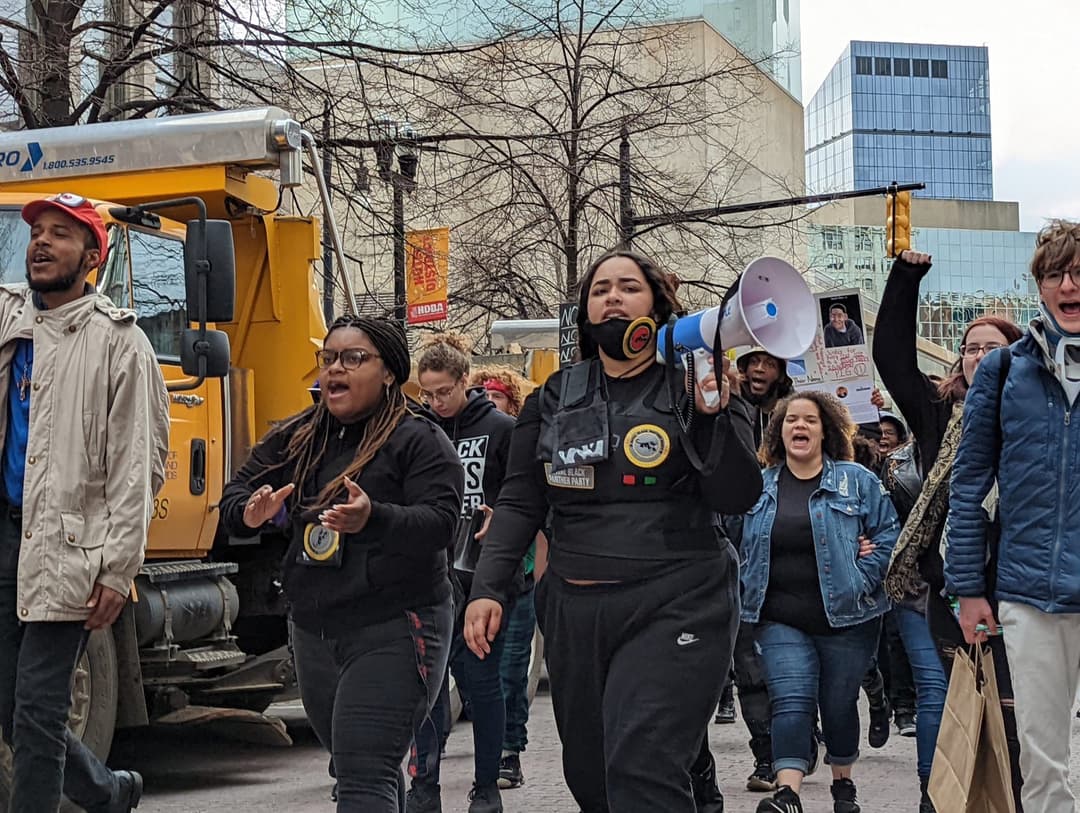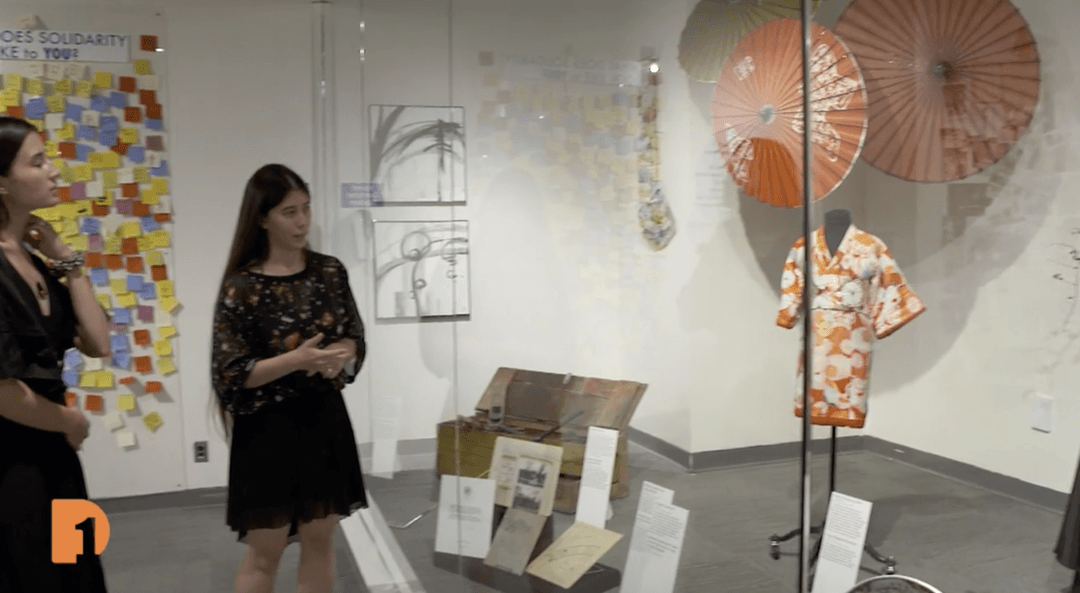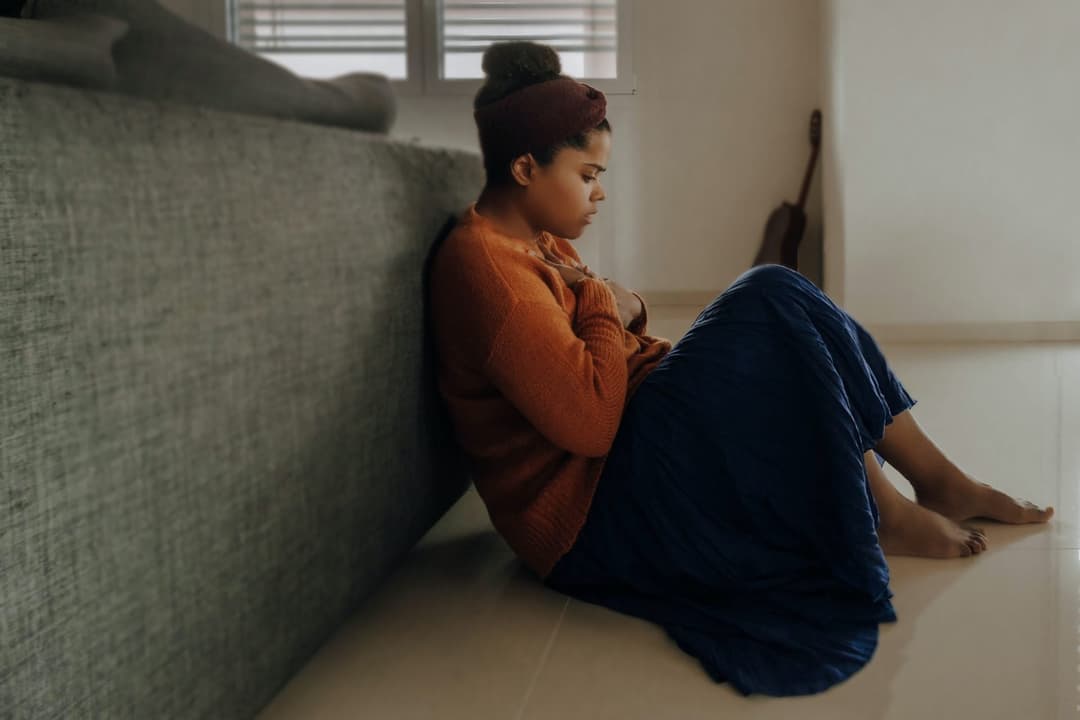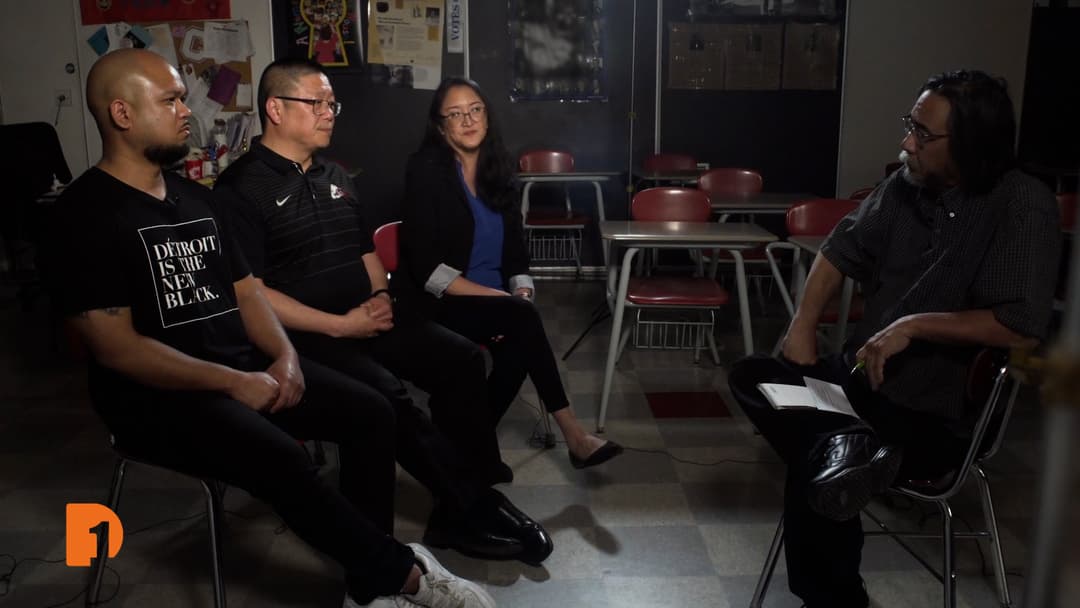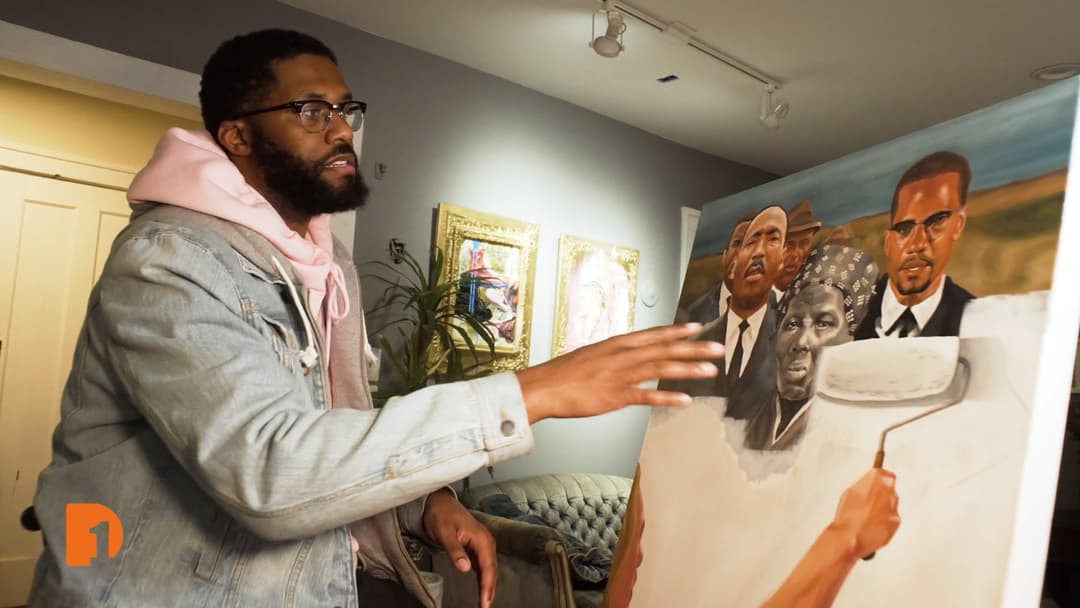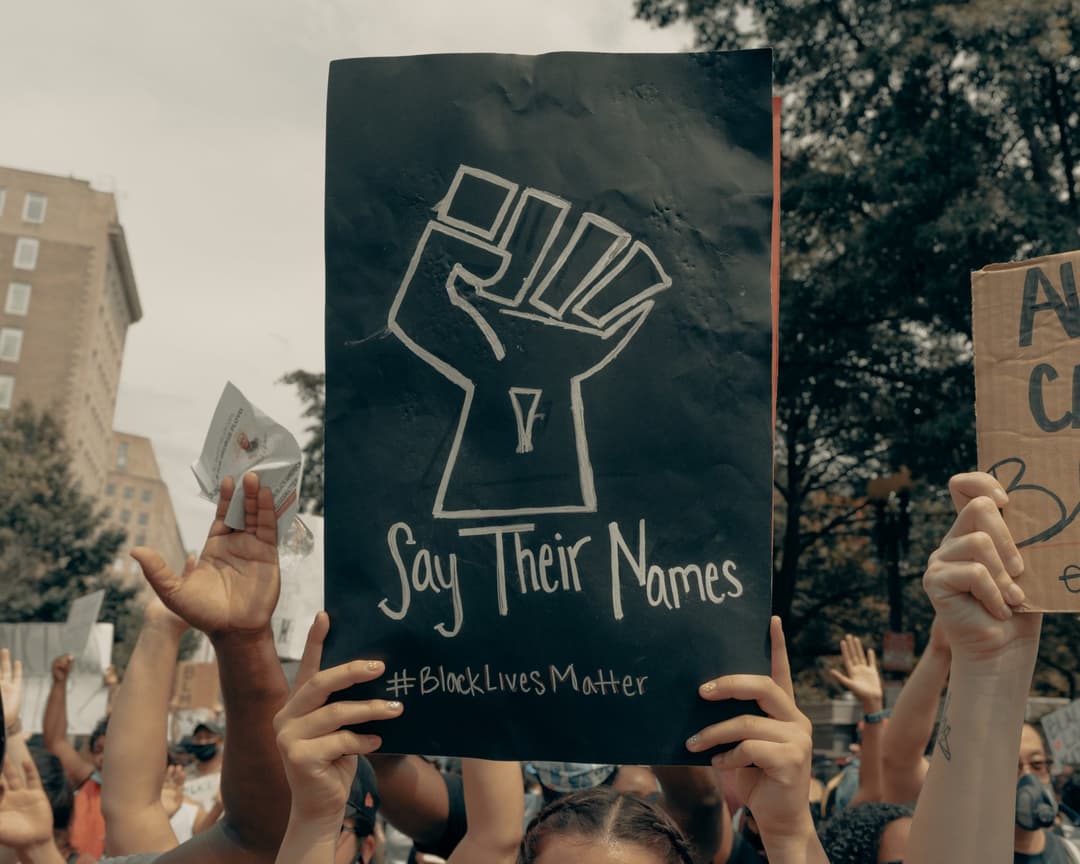Catch the broadcast premiere of “A Continuing Series of Small Indignities” on DPTV
Jun 24, 2020
Rodney Harris has retired after nearly four decades in retail management.
An African American growing up in mostly white Macomb County in the 1960s, he tells all to former classmate and filmmaker Michael Pfaendtner in a short documentary film about one man’s challenges because of his race over the past half century in Southeastern Michigan.
Harris often hears, “Things are a lot better now, don’t you think?”
While he’s found success professionally and his children are doing well, it’s his answer that many want to hear.
“A Continuing Series of Small Indignities” airs Wednesday at 11:30pm on Detroit PBS.
It’s been screened around the country and shown in the Detroit Free Press Film Festival.
See it broadcast for the first time tonight and find out more about how the film got made in this segment produced by One Detroit’s Bill Kubota.
Watch the full documentary:
[et_pb_video src=”https://vimeo.com/205303975″ _builder_version=”4.0.9″]
Read the full transcript:
FILM I think it was in fifth grade when I was walking from Centerview playing Little League baseball where I was walking home from a predominantly white neighborhood two and a half miles from my house, walking past a house and a little boy came out and called me the n-word.
And I looked at him and he looked at me and I would say he was probably third grade and I was in fifth grade, second grade, he was and I said you need to go talk to your mother about that.
Rodney Harris: So when it happened to me I’m thinking this is the norm so get used to it, what I didn’t realize that this will continue my entire life, that, so that first time that something like that happened to me, that was just the beginning.
FILM (TITLE – A CONTINUING SERIES OF SMALL INDIGNITIES) In elementary school the white kids were surrounded by black kids.
Narrator:
A CONTINUING SERIES OF SMALL INDIGNITIES – A SHORT FILM ABOUT RODNEY HARRIS WHO GREW UP IN CLINTON TOWNSHIP – SOUTHEAST MACOMB COUNTY.
HE WENT TO EASTERN MICHIGAN UNIVERSITY – HE’D MARRY KAREN, HIS COLLEGE SWEETHEART AND SPEND NEARLY FOUR DECADES AS A RETAIL MANAGER, NOW RETIRED.
HARRIS IS TALKING WITH THE FILM’S DIRECTOR MICHAEL FANT-NER ABOUT HOW AND WHY THE FILM WAS MADE.
Michael Pfaendtner, Filmmaker: I happened to read an article that someone wrote about what was called the Black male code which was essentially a conversation that parents would have with a teenage son basically explaining how the world works and what you need to just navigate if you want to come out alive and I posted that…
Rodney Harris: I think that was February 2012 when Travon got murdered and you had posted something on Facebook and I’m going like yeah, you know, growing up black in America, you want, I have stories which you know I haven’t really talked to anyone about and I just recall before everything started when I was ten years old I was, looking back I was in a safe community because I never got mistreated, so once I got outside that community that’s when everything got started.
Michael Pfaendtner, Filmmaker: That’s where we met was in sixth grade.
FILM One of the things I always realized was in English was a hard subject for me because at home we spoke broken English so all those questions people would ask you which I never asked the white kids this, you know why do you wear bell bottoms, you start to think that things are different.
Rodney Harris: Looking back you always wonder, why Quinn Road? Why that’s where the Black people were. So if you looked in Macomb County, entire Macomb County the Black people were in Southeast Macomb County which was Quinn Road area which was about a mile square, 14 to 15 Mile, Gratiot to Harper.
Narrator:
HARRIS STARRED IN THREE SPORTS AT CLINTONDALE HIGH SCHOOL WHERE, IN THE EARLY SEVENTIES THERE WERE FEW OTHER AFRICAN AMERICANS.
FILM Sophomore year Colleen was in my US History class, that summer of our Junior year I asked her out. My football coaches started looking at me differently when they saw me with her. I noticed a change, a huge change, I was one of the better athletes in school, definitely saw an attitude change in all my coaches, just little things all over the place you know, why you trying to wreck you career, I was the starting quarterback since tenth grade. My senior year they took me out of playing quarterback and switched me to a running back which I was fine with. I knew my future wasn’t in football at all and I got to play defense a little bit more so I thought that was good for me but sometimes looking back, you kind of wonder you know, were they doing this for the good of the football team or somehow punish me?
Michael Pfaendtner, Filmmaker: You’re, you’re a popular athlete in school…
Rodney Harris: Yeah, yeah…
Michael Pfaendtner, Filmmaker: And a lot of us were, me included, were pretty oblivious to what your life was like. What you were observing… you’ve got people that want you to kind of educate them about, I don’t know maybe it’s just another level of what I did in my movie, you’ve got this responsibility on your shoulders now as a spokesman for your entire race…
Rodney Harris: You know we can go back to the film right?
Michael Pfaendtner: Yeah.
Rodney Harris: In one of my complaints, I don’t know if it’s a complaint, more like the truth, I was educating my white friends about the black race, about the Black culture because they didn’t have any diversity in them whatsoever. So you know I went back to the parents and talk about the parents what did the parents do to help my white friends understand different cultures? And it was nothing and so now fast forward fifty years, doing the same thing you know but I’ve been doing it my whole life so there’s no change.
FILM We can fast forward to us buying a house that you’re sitting in right now. We knew a young lady that was a realtor and we were looking for a place to live, a house to buy so she’s telling us where not to look and I went really… And she was well these are the areas in Metropolitan Detroit that you don’t want anything to do with because of you being a mixed couple and I’m just telling you like it is. You think about it, okay, 60s okay, 70s okay, 80s okay, well we’re in 1991 now. Same things happening. Same thing happening today? Most definitely.
Rodney Harris: You talk about college and universities so what colleges and universities are culturally mixed? Big university you know, Central Michigan?
Michael Pfaendtner: That’s true…
Rodney Harris: Is Western Michigan?
Michael Pfaendtner That’s’ a good point…
Rodney Harris: Michigan State? So what…
Michael Pfaendtner: Maybe U of M and Wayne State, (laugh)?
Rodney Harris: You know maybe the University of Detroit….
Michael Pfaendtner: Yeah.
Rodney Harris: You know so these people go off to colleges you know they don’t get that culture.
Michael Pfaendtner: It just reinforces…
Rodney Harris: So once again, we can talk about my daughter going from high school to University of Michigan being on the University of Michigan Marching Band where they had 450 members in the marching band and maybe a dozen maybe 12 were of color?
Michael Pfaendtner: That’s it.
Rodney Harris: And those 12 of color half of those were came from our high school. So what kind of culture are they learning there in the marching band, just the marching band, you know not the university, just the marching band. So your whole life you know you’re living in this bubble and you continue in this bubble and you don’t go outside your bubble and I’m not saying everyone but you know too many people are don’t go outside your bubble.
FILM So every time I think about Una who’s my full Cherokee Indian great grandmother, I start thinking of my father being born in 1915, struggles he had in Mississippi, some I knew about some I’d never dream about, I think about my older brother that graduated in high school from Mount Clemens in 1951 what did he go through? That I graduated in 1975 when I went through. And I’m hoping it’s easier.
Rodney Harris: 2012 when we started this conversation.
Michael Pfaendtner: Yeah…
Rodney Harris: You end up making a film you know so now it’s eight years later and I do come across some people and they’re not Black, they’re not people of color, I do come across some people who say well, “Things are better, things are a lot better now, don’t you think?” You know, asking me, “Don’t you think?”.
Michael Pfaendtner: Have you, do you feel the needle has moved at all in those eight years?
Rodney Harris: (Laughs) No! Not at tall… Yes! I take that back. Yes! It’s moved back you know which might be shocking to some people. Not shocking to me, but it’s moved backwards, it hasn’t stayed still, its’ moved backwards. I think with the present administration, social media, they feel more comfortable, they, the people that don’t celebrate diversity they feel more comfortable speaking out against diversity. You know and I think about how tolerant I am. You know when I get pulled over by the police for no reason, I’m tolerant, you know because I’ve been doing so since ten years old.
Stay Connected
Subscribe to One Detroit’s YouTube Channel and don’t miss One Detroit on Thursdays at 7:30 p.m. and Sundays at 9 a.m. on Detroit PBS, WTVS-Channel 56.
Catch the daily conversations on our website, Facebook, Twitter @OneDetroit_PBS, and Instagram @One.Detroit
Related Posts
Leave a Reply
Your email address will not be published. Required fields are marked*

